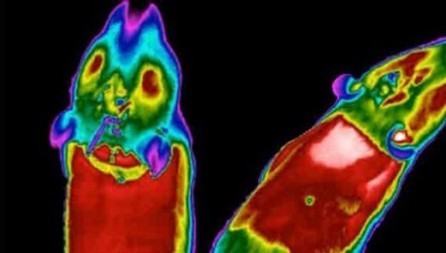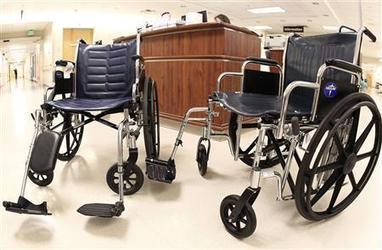Scientists have long suspected that metabolic disorders, such as type 2 diabetes and obesity, could be linked to our circadian rhythm or biological clock. For example, laboratory mice with altered biological clocks often become obese and develop diabetes.
Now biologists at UC San Diego have discovered that a chemical, which affects the activity of a key protein that regulates our biological clock, can repress the production of glucose by the liver, offering a promising new direction for the development of a new class of drugs to treat diabetes.
A team headed by Steve Kay, dean of the Division of Biological Sciences at UC San Diego, had previously found that altering the levels of a key protein, called cryptochrome – which regulates the biological clocks of plants, insects and mammals and also regulates glucose production in the liver – could improve the health of diabetic mice.
Building on that research...



 Your new post is loading...
Your new post is loading...






















